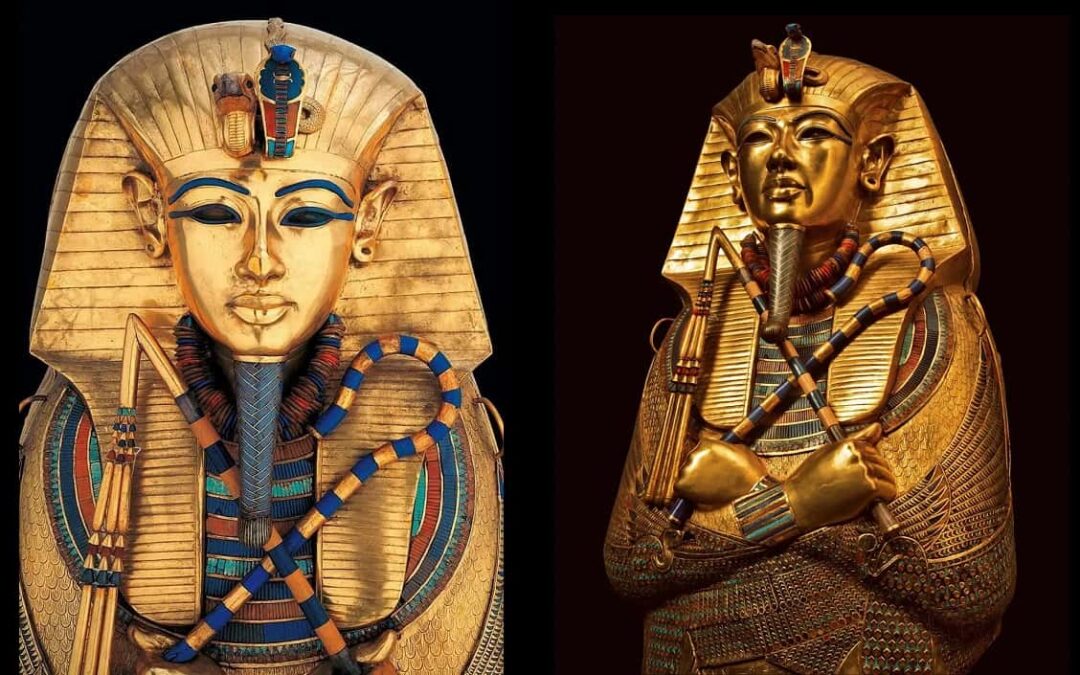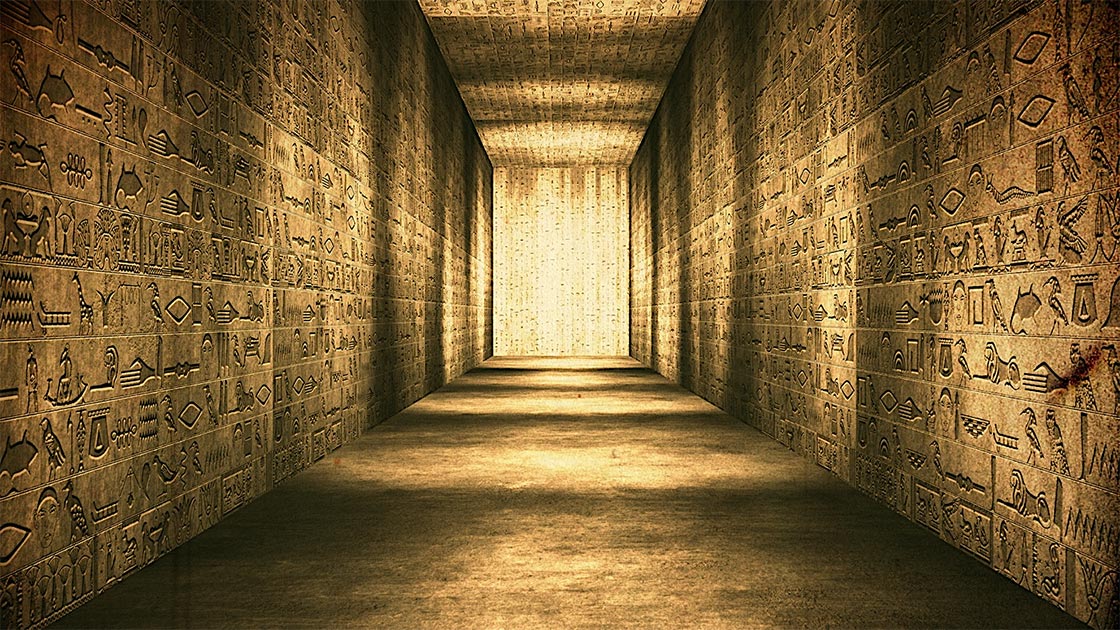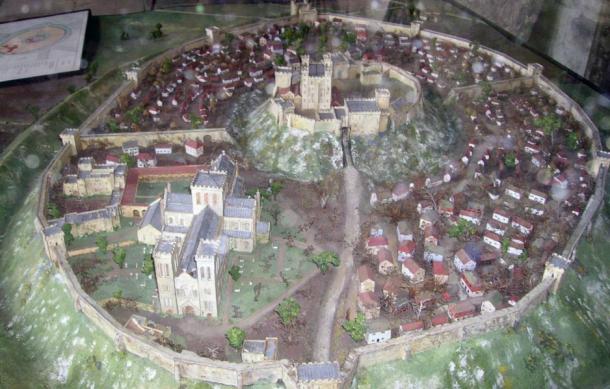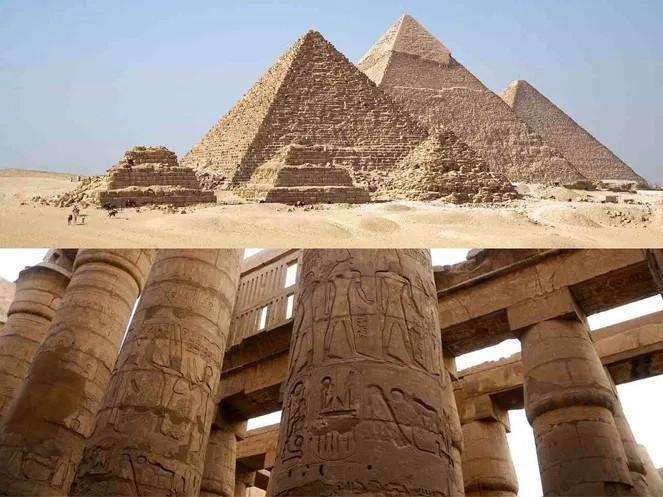In the shadows of history, nestled among the majestic Alai Mountains of Uzbekistan, lies the ancient city of Samarkand. Known to the Greeks as Marakanda, this city has witnessed the rise and fall of empires, from the Persians to Alexander the Great, and later flourished under the Samanid dynasty and the Mongol empire of Timur Lenk. It’s a place where history whispers secrets, and one of these secrets is particularly enigmatic—a mysterious artifact, lost in the mists of time.
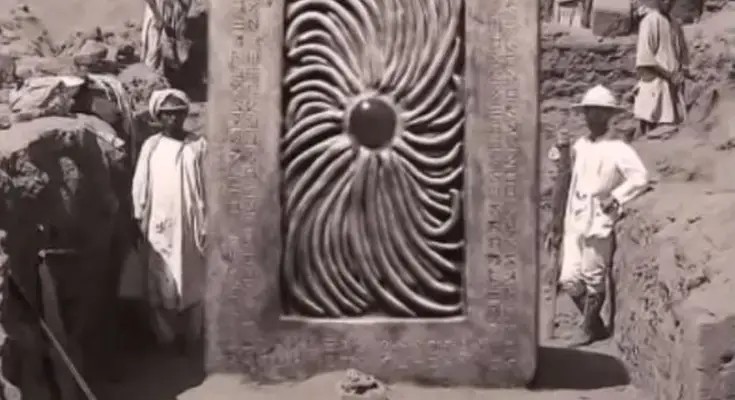
The year 1903 marked a discovery that would stir the imaginations of many: a peculiar “star gate” unearthed in the heart of Samarkand. This artifact, captured only in a photograph from that era, presents an architectural enigma, resembling a portal from science fiction tales. It’s a relic that seems to belong more to the realm of “Stargate,” the sci-fi series, than to our known history.
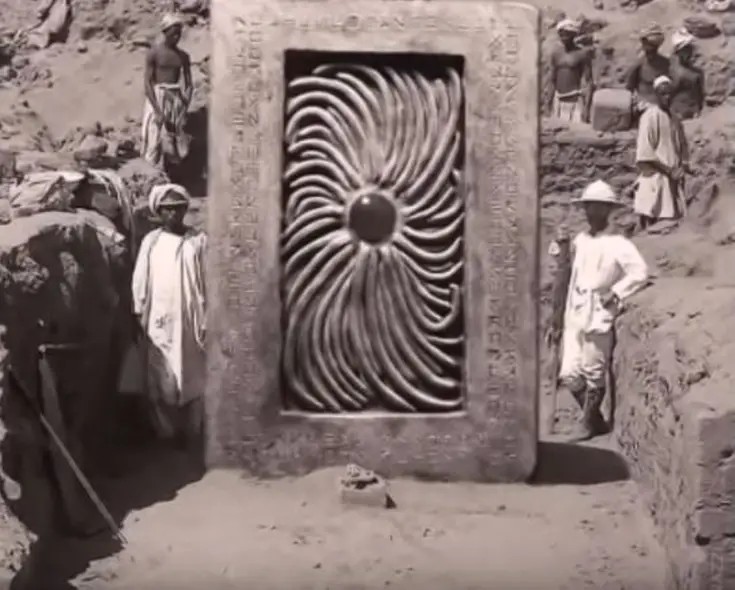
Today, this “star gate” has vanished from public view. Whispers suggest it might be tucked away in a private collection, its mysterious glyphs echoing those seen in the “Stargate” series. Did this ancient discovery inspire modern storytellers?
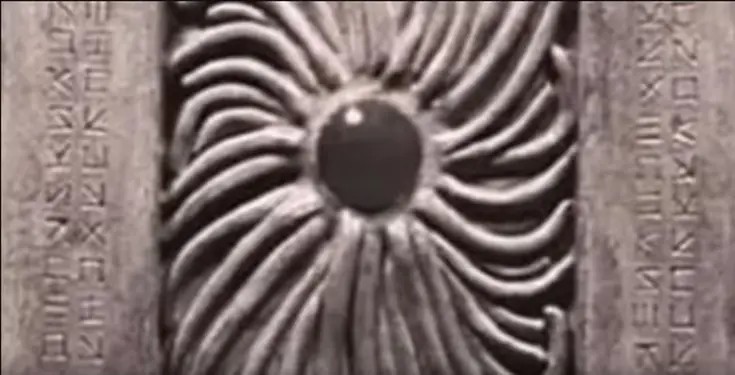
But where is this artifact now? Why has it been hidden from the world? These questions linger, fueling debates and theories. Some skeptics dismiss the photograph as a fabrication, a product of early photo manipulation. Yet, without irrefutable proof of deceit, the legend of the Samarkand star gate continues to captivate.

